Brazil’s former president, Fernando Collor de Mello, was arrested on Friday, April 25, 2025, in Maceió, to serve a nearly nine-year sentence for corruption and money laundering, marking yet another fall for the country’s political elite.
Collor de Mello, Brazil’s first democratically elected president after the 1964–1985 military dictatorship, resigned in 1992 amid an impeachment process over bribery allegations. Now, over three decades later, the 75-year-old faces imprisonment for separate charges tied to the sprawling “Car Wash” scandal, a probe that exposed systemic corruption across Latin America.
The former president was detained in the northeastern city of Maceió, where he previously served as governor and senator. He is being held in an individual cell in a special wing of the Baldomero Cavalcanti de Oliveira prison. In 2023, Brazil’s Supreme Federal Court convicted Collor de Mello of accepting 20 million reais (approximately $3.5 million) in bribes between 2010 and 2014 while serving as a senator. Prosecutors stated he leveraged his position to facilitate irregular contracts between a construction company and BR Distribuidora, a former Petrobras subsidiary.
On Thursday, Supreme Court Justice Alexandre de Moraes rejected Collor de Mello’s final appeal to annul his arrest warrant. His lawyer, Marcelo Bessa, said Collor was preparing to surrender voluntarily in Brasília when police arrested him at 4:00 a.m. local time. His legal team is now seeking permission for him to serve his sentence under house arrest.
Collor de Mello’s downfall is part of a broader pattern in Brazilian politics. Since the end of the military dictatorship, four of the seven presidents have faced impeachment, conviction, or imprisonment. Former president Jair Bolsonaro is currently under trial for allegedly plotting a coup after losing the 2022 election, while President Luiz Inácio Lula da Silva, who defeated Collor in the 1989 election and returned to power in 2023, was jailed during the “Car Wash” probe, though his conviction was later overturned.
The “Car Wash” investigation revealed a vast network of bribes paid by construction firms to secure public contracts, implicating politicians and business leaders across the region. Collor de Mello’s role involved receiving illicit funds, laundered through luxury goods purchases and financial maneuvers, in exchange for political favors.
Rising to prominence as a charismatic, reformist outsider, Collor de Mello won the landmark 1989 election with promises of economic and political renewal. His presidency, however, was marred by economic turmoil and corruption allegations, culminating in his 1992 resignation. Despite this, he made a political comeback, serving as a senator from 2007 to 2022 and aligning with right-wing figures like Bolsonaro, while his old rival Lula reclaimed the presidency.
This arrest underscores Brazil’s ongoing struggle with corruption and the enduring impact of the “Car Wash” probe, which continues to reshape the nation’s political landscape.

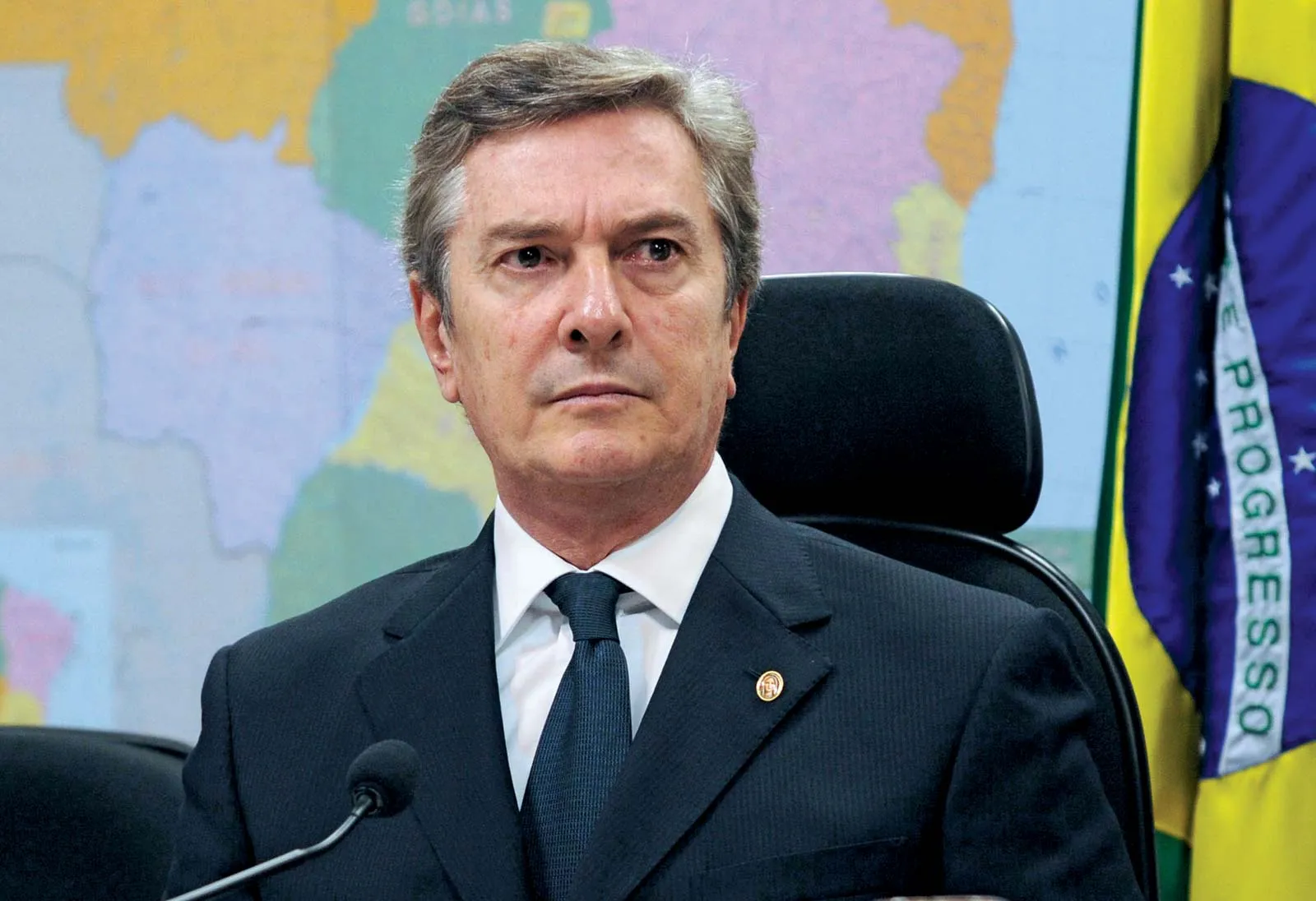

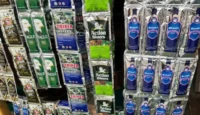

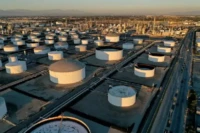
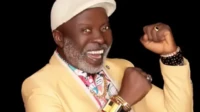
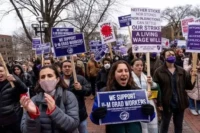

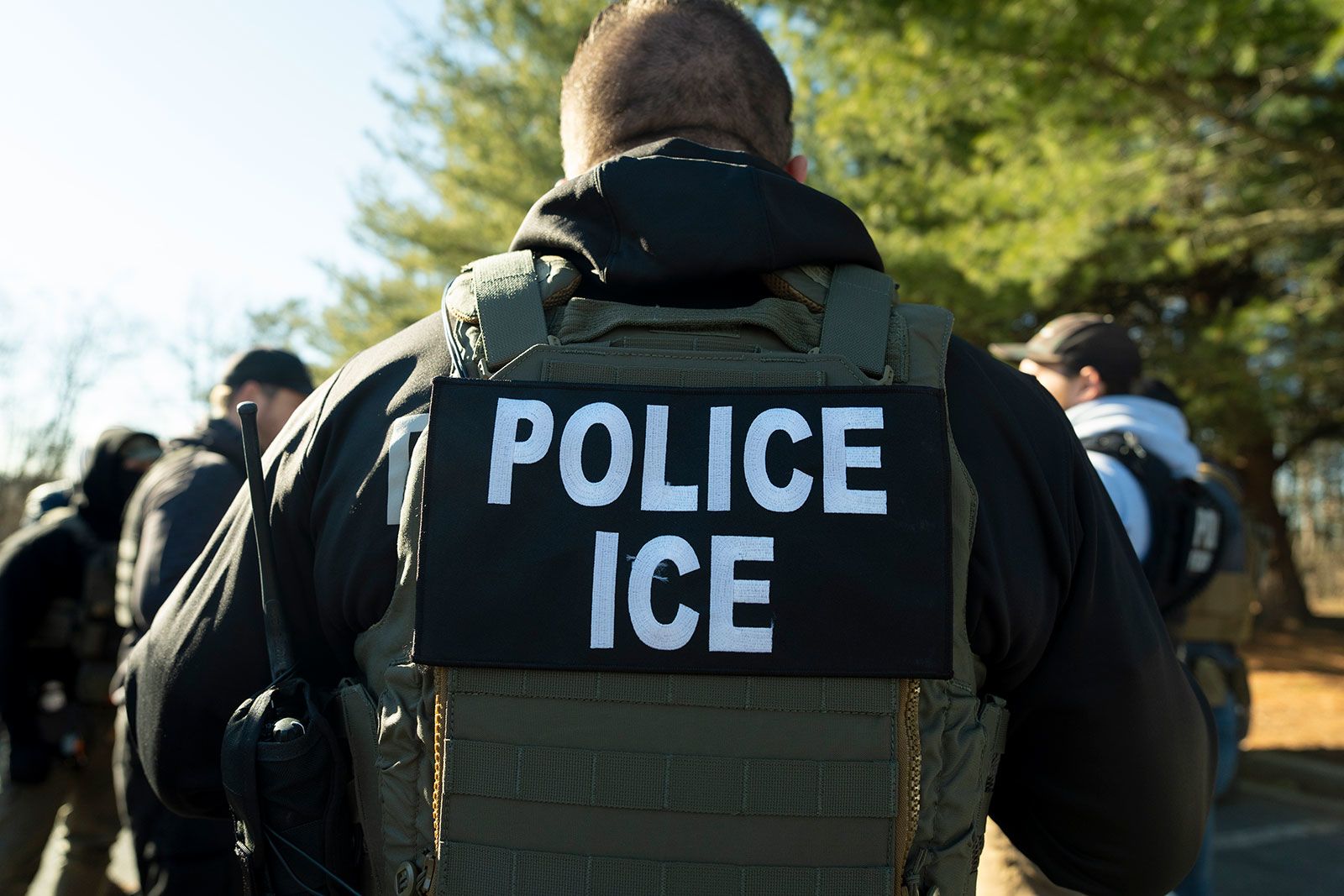
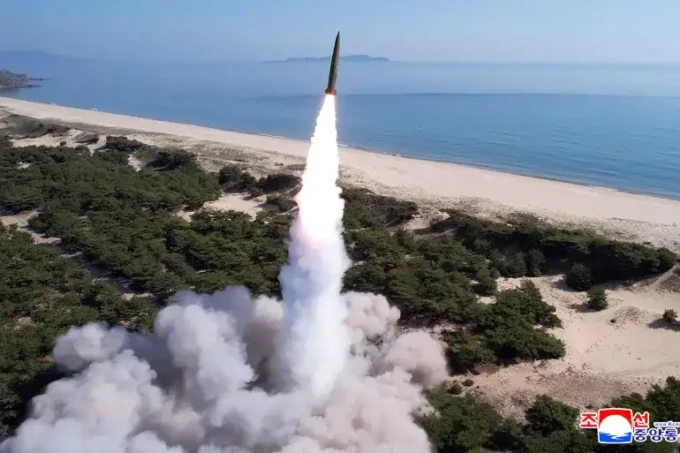

Leave a comment